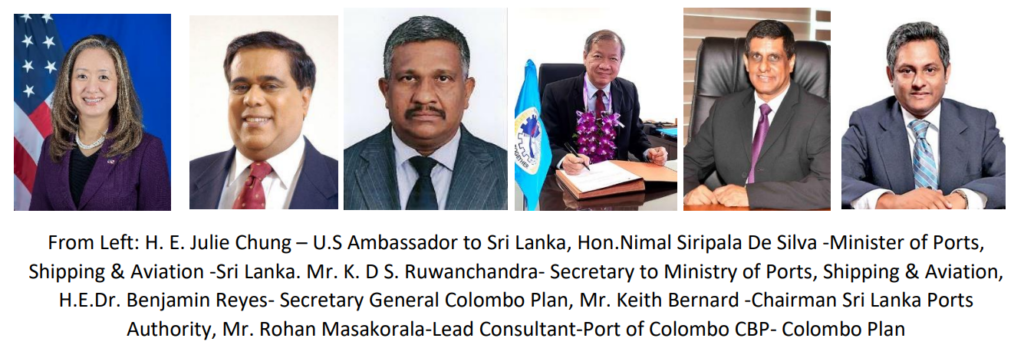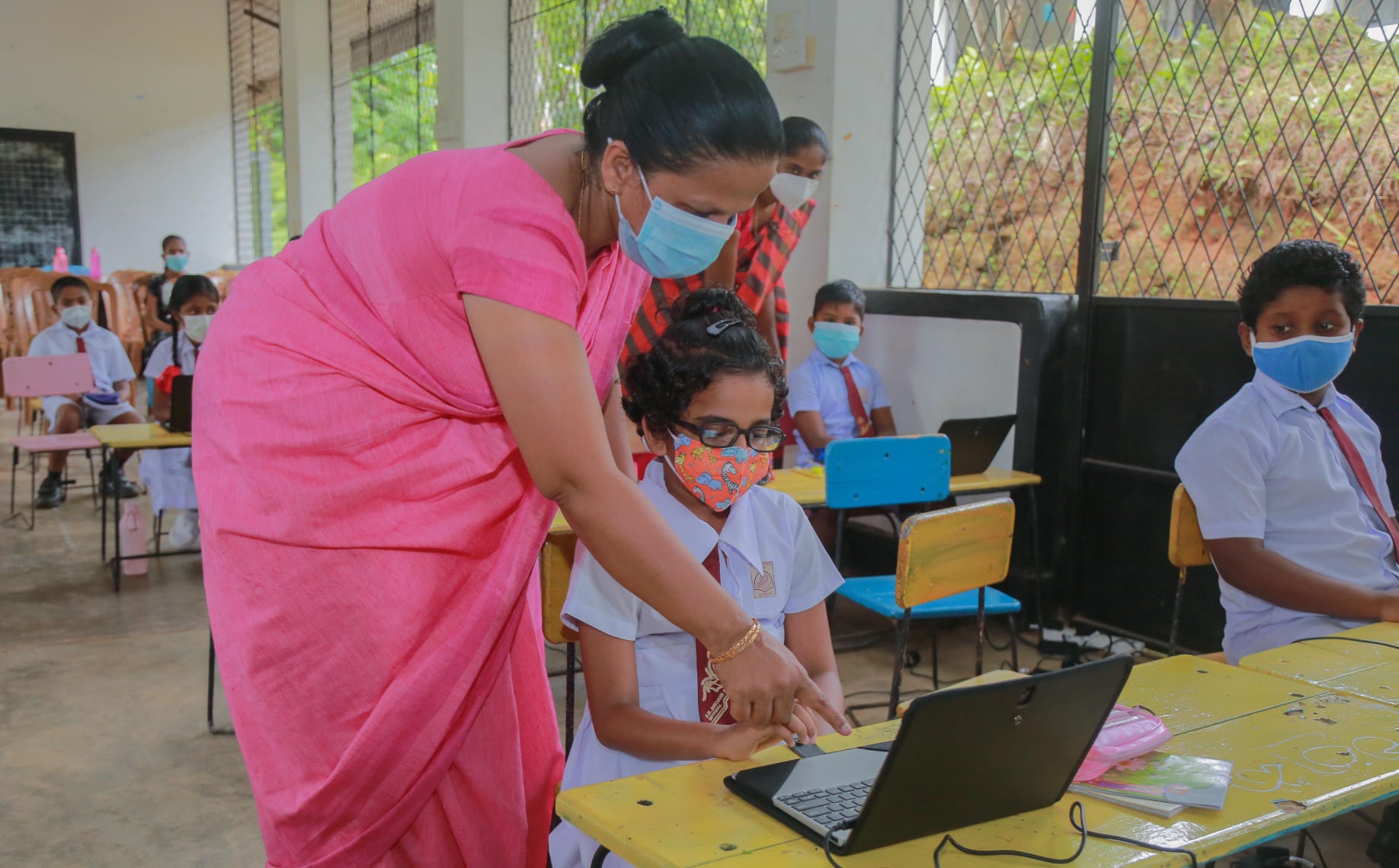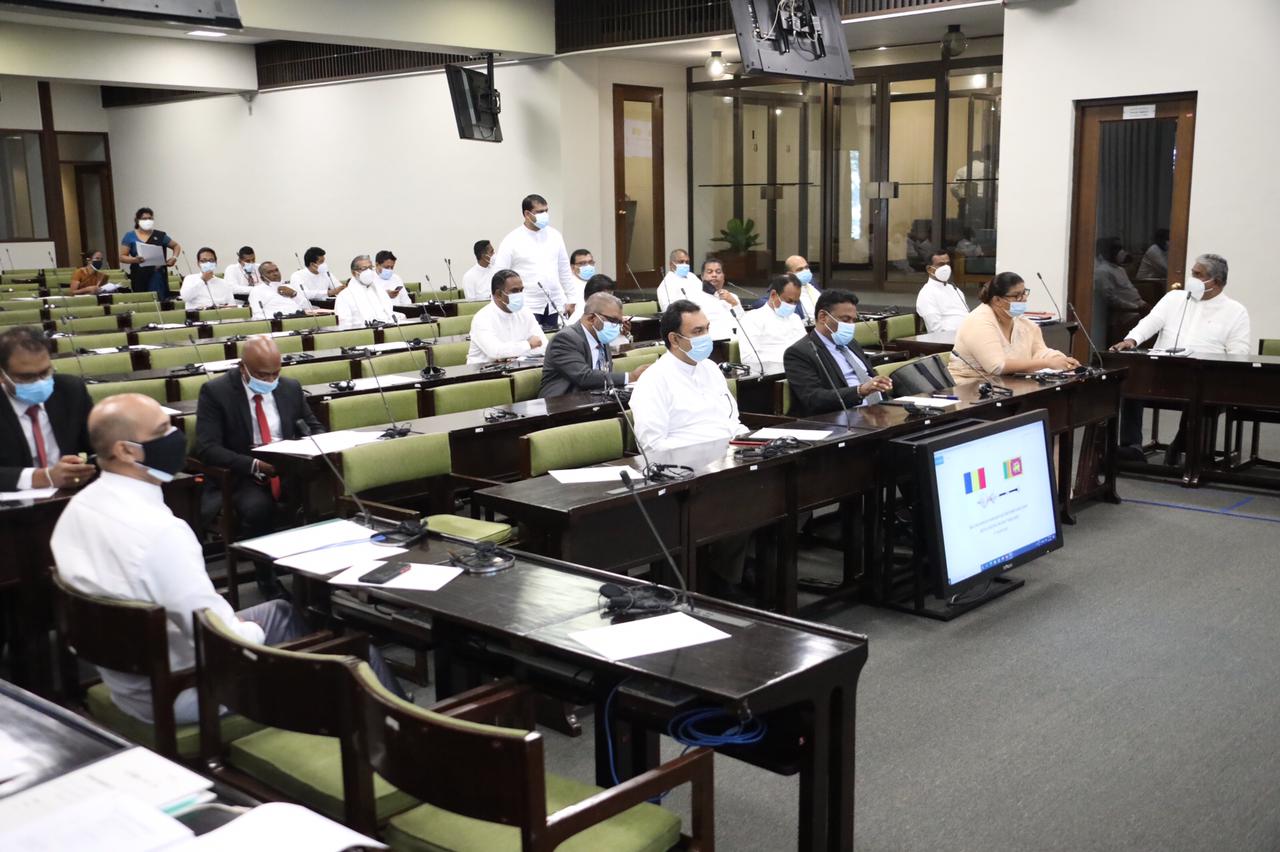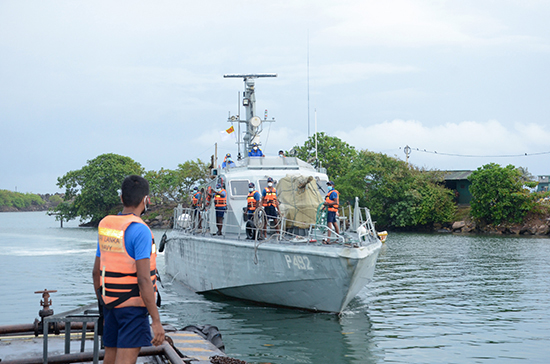The Colombo Plan, with funding from the U.S. Embassy, launched a three-year program to enhance the technical expertise of Sri Lanka Ports Authority staff and advance “smart” port operations at the Port of Colombo. The Colombo Plan and Sri Lanka Ports Authority signed a letter of intent at the launch and a memorandum of understanding will be extended in detail that contributes to the development and sustainability of maritime and port operations in Sri Lanka by introducing modern port systems, new technologies, and international best practices.
U.S. funding supports Sri Lanka’s ports initiative to boost productivity and competitiveness, positioning its ports as crucial regional hubs in South Asia.
At the launch, U.S. Ambassador to Sri Lanka Julie Chung reaffirmed U.S. commitment to supporting the rapidly growing ports industry of Sri Lanka, noting: “In partnership with the Colombo Plan, the United States aims to enhance the knowledge, technical skills, and expertise of Sri Lanka Port Authority’s (SLPA) professionals through training on current trends, international best practices, and technological advancements in ports management. The United States is committed to supporting Sri Lanka’s ports sector to meet the growing demands of the global economy, fostering economic prosperity for all Sri Lankans.”
Similarly, the Honorable Minister of Ports, Shipping, and Aviation, Nimal Siripala de Silva, has expressed gratitude for this supportive gesture and has tabled the project to the cabinet of ministers as well.
The Colombo Plan capacity building program encompasses diverse training and development initiatives, such as visits to U.S. ports, technical training exchanges, conferences, and workshops conducted by both local and international experts. This collaborative effort aims to enhance the capabilities of ports, improving efficiencies and expanding the delivery of value-added services.
Launched in 1951, The Colombo Plan was created as a cooperative venture for the economic and social advancement of the people of South
and Southeast Asia. The Colombo Plan, based in Colombo, currently consisting of 28 member states, was instituted as a regional intergovernmental organization for the furtherance of economic and social development of the region nations.






